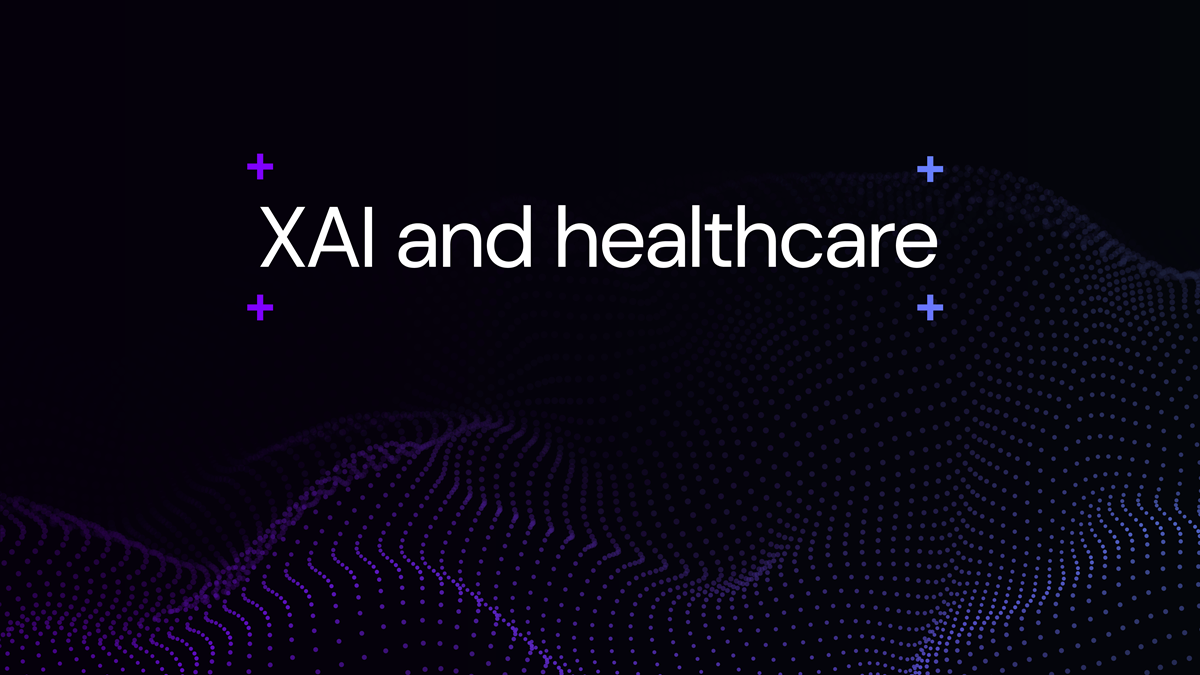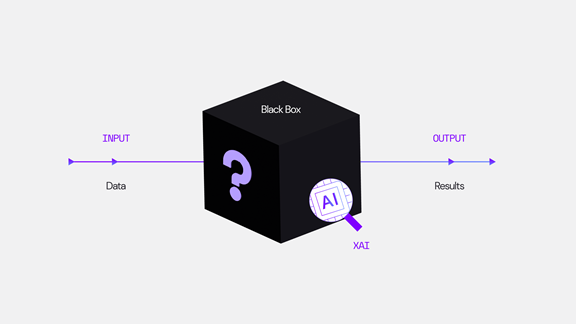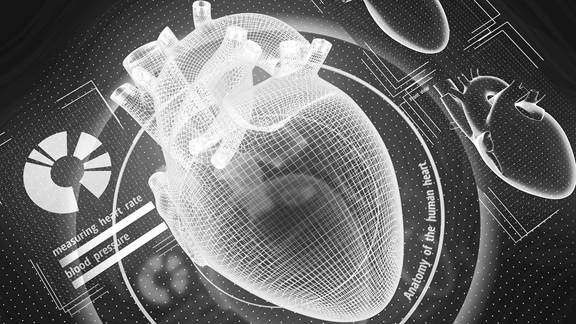How Explainable AI (XAI) can turn sickcare into healthcare




It can support the current operating model of addressing acute conditions like unexpected fractures and infections at A&E, but, more importantly, it allows healthcare systems to start health monitoring and preventing disease via AI. Healthcare providers can use this new combined model of human and machine learning to pre-empt problems and act swiftly with personalised care plans, rather than waiting for a patient’s health to deteriorate before taking action.
It doesn’t replace the input and experience of healthcare workers, but it depends on them to constantly improve. Moreover, it analyses huge sets of accumulated data that no human could ever manage, no matter how many years they’ve spent in medical training.
Across the Healthcare, Life Sciences and Biotech industries, we stand to benefit from utilising XAI. With it, we can:
Technology is advancing at an exponential rate, and many organisations already leverage that to their advantage when it comes to sustainable digital transformation. As we collectively seek better ways to work in the wake of a tumultuous few years, there’s never been a better time for healthcare providers and companies in the life science/biotech space to do the same.
The crux of the matter is in our understanding of what the machines are doing as part of the healthcare system. While black-box AI is dangerous and can lead to ethical missteps that literally cost lives, XAI is transparent and can facilitate iterative models that quickly and accurately predict all manner of effective outcomes. The value of this to healthcare—in disease prevention, data accessibility, inventory optimisation and more—cannot be underestimated.
To explore the benefits of XAI to patients, physicians and the healthcare industry as a whole, get in touch with our experts today. We’d love to help you build a world that works better for everyone.
Get more insights in Thread magazine
Read now